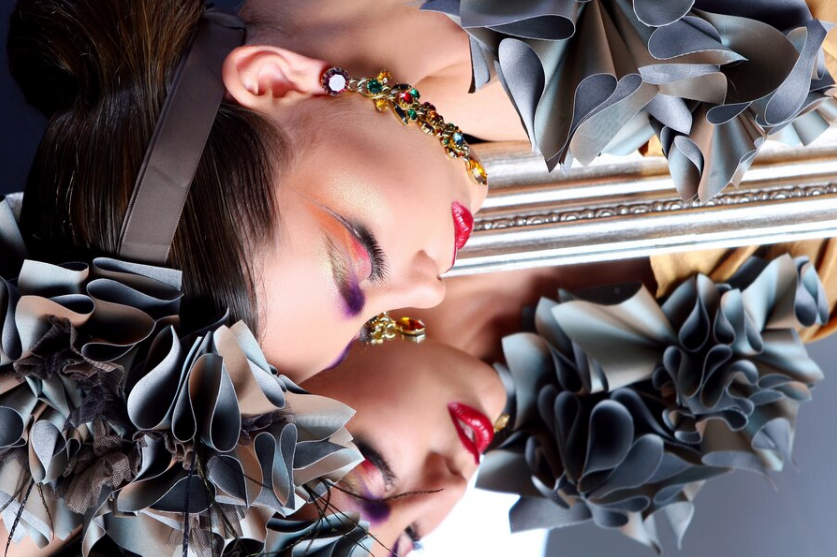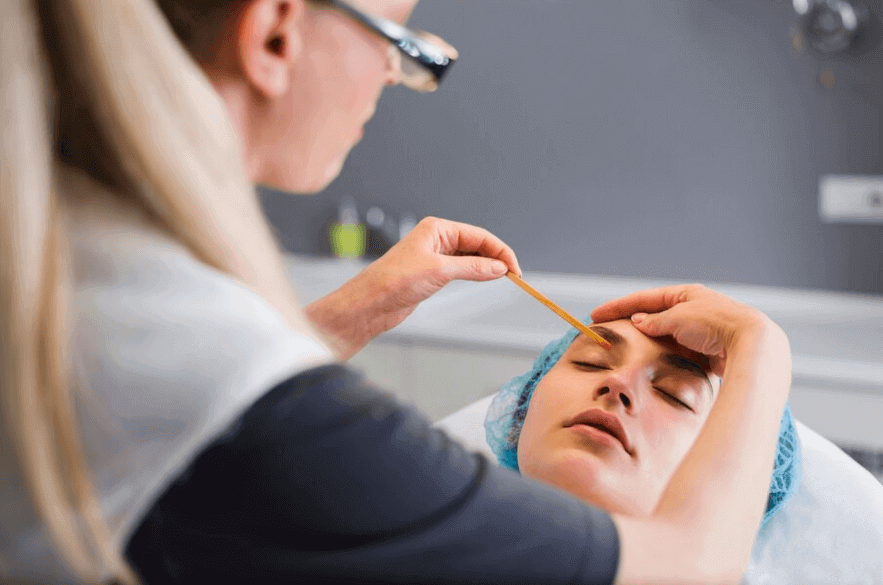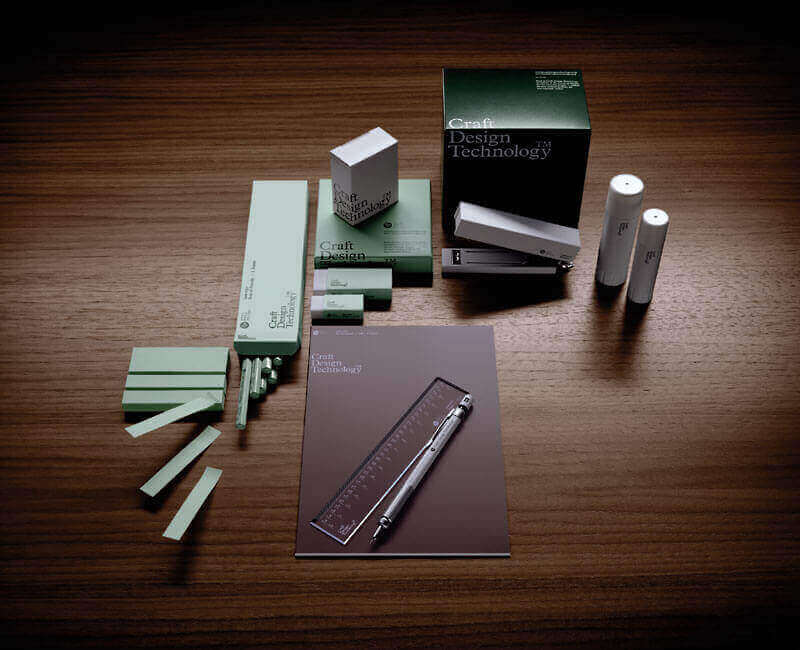It’s no secret that babies can be vulnerable to a variety of health risks, and many parents take extra precautions to ensure their safety. In this article, we’ll be exploring the benefits and risks of using vinyl products with your baby, such as Peva. We’ll look into what is peva is, how it works, and why it might be the better option for your little one.
Introduction
Peva is a type of vinyl chloride, which is used to make food wraps and other plastic products. While it is considered safe for adult use, there are some concerns about its safety for babies and children.
Peva is made from chlorine and ethylene, two chemicals that are known to be harmful to human health. When these chemicals are combined, they create a new compound called dioxin. Dioxin is a known carcinogen, meaning it can increase your risk of cancer.
There are also concerns about what is peva ability to leach chemicals into food. When heated, what is peva can release harmful chemicals like lead and phthalates into the food it’s wrapped around. These chemicals can then be absorbed by the body, which can lead to health problems like endocrine disruption and reproductive toxicity.
So far, there haven’t been any studies conducted on the safety of what is peva specifically for babies and children. However, given the risks associated with exposure to vinyl chloride and dioxin, it’s best to avoid using products made with what is peva if you’re pregnant or breastfeeding. If you must use a product made with Peva, be sure to wash your hands thoroughly afterwards and keep it out of reach of children.
What is Peva?
Peva is a type of vinyl that is often used in baby products because it is believed to be safer than other types of vinyl. However, there are some concerns about the safety of Peva and whether or not it can cause health problems for babies.
Peva is made from polyethylene, which is a type of plastic. It is usually softer and more flexible than other types of vinyl, which makes it ideal for use in baby products. However, there are some concerns that Peva may contain harmful chemicals that can leach into the body and cause health problems.
There are no definitive studies on the safety of what is peva, but there are some anecdotal reports of health problems in babies who have been exposed to Peva-based products. These reports include skin irritation, gastrointestinal problems, and respiratory issues.
If you are concerned about the safety of Peva, you can look for baby products that are made with other materials such as cotton or bamboo. You can also avoid using products made with Peva if you have any concerns about its safety.
Benefits of Using Peva for Baby Safety
If you’re looking for an alternative to PVC for baby safety products, you may want to consider PEVA. Here’s a look at the benefits and risks of using this type of vinyl.
What is PEVA?
what is peva is a type of vinyl that is made without chlorine. It’s considered to be an eco-friendly alternative to PVC because it doesn’t produce harmful emissions when manufactured.
PEVA is also less likely to leach chemicals into food or beverages, making it a safer option for food storage containers and water bottles.
Benefits of Using PEVA
There are several benefits of using what is peva instead of PVC:
1. It’s considered to be more eco-friendly than PVC because it doesn’t produce harmful emissions during manufacturing.
2. It’s less likely to leach chemicals into food or beverages.
3. It’s a softer material, so it’s less likely to shatter if dropped (which makes it safer for baby products).
4. It’s easier to recycle than PVC (although not all recycling facilities accept PEVA).
Risks of Using Vinyl Products for Baby Safety
When it comes to baby safety, there are a few risks associated with using vinyl products. For one, vinyl is a plastic and can contain chemicals that may be harmful to your child if ingested. Additionally, vinyl products are not as durable as other materials and can tear easily, which could create a choking hazard. Finally, vinyl products can become brittle in cold temperatures, which could cause them to shatter if your child falls on them.
Alternatives to Vinyl Products for Baby Safety
There are a few reasons you might want to avoid vinyl products for baby safety. Maybe you’re concerned about the environmental impact of PVC production, or maybe you’re worried about the potential health risks associated with chemicals like phthalates. Luckily, there are plenty of safe and sustainable alternatives to vinyl products that can give you peace of mind.
bamboo: It’s also naturally antibacterial, making it a great choice for safe and healthy baby products.
Bamboo is a fast-growing grass that doesn’t require pesticides or fertilizers to thrive. It’s also naturally antibacterial, making it a great choice for safe and healthy baby products. wool : Wool is another natural material that is both durable and antibacterial. It’s also breathable, which can help regulate your baby’s body temperature.
Wool is another natural material that is both durable and antibacterial. It’s also breathable, which can help regulate your baby’s body temperature. organic cotton : Organic cotton is grown without the use of harmful pesticides or chemicals, making it a safer option for your baby. It’s also absorbent and hypoallergenic, making it a comfortable choice for those with sensitive skin.
Organic cotton is grown without the use of harmful pesticides or chemicals, making it a safer option for your baby. It’s also absorbent and hypoallergenic, making
How to Choose Safe and Eco-Friendly Options for Baby Safety
As parents, we are always looking for ways to make our homes safe for our little ones. When it comes to baby safety, there are many products on the market that claim to be safe and eco-friendly. But how do you know which ones are really safe for your child?
Peva is a type of vinyl that is often used in baby products. It is PVC-free, lead-free, and phthalate-free, which makes it a safer option than other types of vinyl. However, some experts believe that what is peva may still release harmful chemicals into the air.
If you are concerned about the safety of Peva, there are other options available. You can choose from a variety of safe and eco-friendly materials for your baby’s products, such as organic cotton or bamboo. These materials are not only safe for your child, but they are also better for the environment.
Conclusion
Peva is a great choice for baby products and can offer an effective alternative to traditional PVC-based plastics. what is peva a versatile material that can be used in many different applications, from food wrappers to shower curtains. It also offers excellent safety benefits for babies as it does not contain any harmful chemicals or plasticizers like phthalates or BPA. However, parents should still take caution when buying items made what is peva and research the product carefully before making their purchase. By understanding the risks associated with using this type of plastic, consumers can make informed decisions about which products are safe for their little ones.


